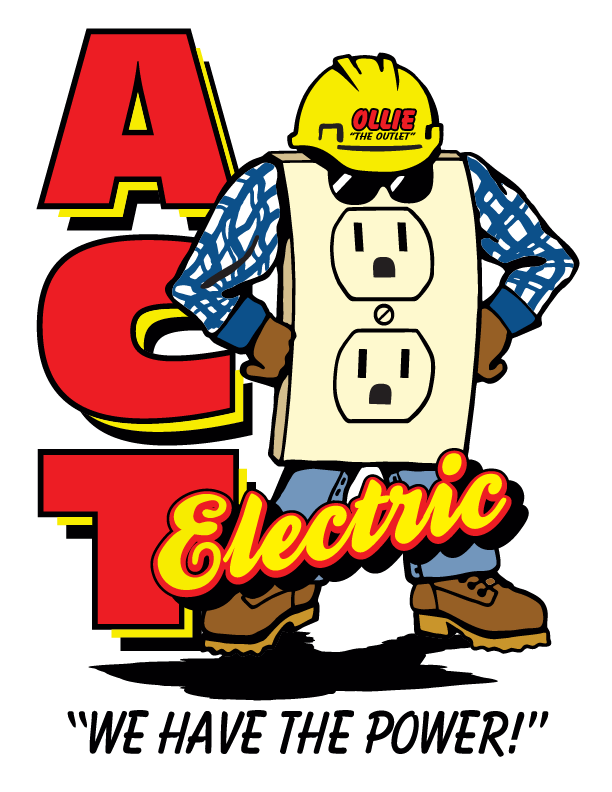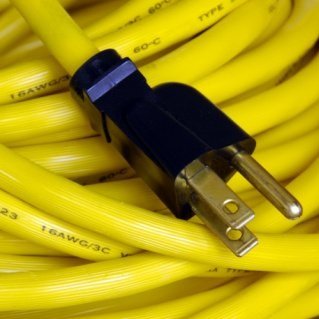Electrical Home Safety Guide: How to Use Extension Cords
When it comes to accessing power, extension cords can be lifesavers. However, an extension cord is a temporary solution, and it should never become a permanent component of the home's electrical system.
Over time, an extension cord's insulation can degrade, posing a risk of electric shock or even a fire. Here, we'll discuss some tips on using extensions safely.
Select extension cords carefully
It is important to research an extension cord before buying it. Only buy cords that have passed independent testing. If instructions are available, read them to learn how to use the extension cord correctly and how much power it consumes.
Always consider the voltage of the connected devices when purchasing power cords. As the gauge of a wire increases, so does its ability to handle higher levels of electricity. A low-gauge extension cord is preferable for use with larger appliances. It's better to use thin or flat cords for smaller appliances and electronics.
Calculate the length required. When it comes to current, longer cords can't carry as much as shorter cords of the same gauge. Additionally, extension cords with three-prong plugs are preferable.
Finally, use only outdoor extension cords for outdoor projects. It would help if you did not use indoor extension cords outside - in any weather.
Tips for using extension cords
When you use extension cords correctly, it minimizes any potential damage. Extension cords should never have their grounding pin removed to fit into two-prong outlets. Moreover, avoid using a single power cord to run multiple appliances.
Extension cords should never be taped to the floor or nailed to a surface. Similarly, use caution when putting extension cords under carpets or furniture.
Avoid connecting more than one cord at a time and twisting or coiling the cords while in use. If you have children, use child-resistant covers on any unused cord receptacles.
Maintenance tips
With proper maintenance, you can use these cords for an extended period. When not in use, unplug extension cords. When removing the plug from the outlet, pull the plug, not the cord. This is something that most people do incorrectly without realizing, making the cords more susceptible to damage.
Keep all electrical cords inside, away from children and pets. Some pets tend to chew on cords and cause damage that may not be immediately noticeable.
If an extension cord breaks, dispose of it as soon as possible. Don't keep using a faulty extension cord since this can have dangerous consequences.
If you're unsure if some extension cords should be replaced, hire a professional electrician to check them. Not only will they provide advice, but they can also fix any other issues with your electrical system.
ACT Electric is a full-service residential and commercial electrical contractor company specializing in electrical installation, repairs, and upgrades, electrical troubleshooting, electrical remodeling, electrical home inspection, and electrical retrofitting. We always prioritize customer comfort and safety. Give us a call at (480) 986-1722 today!

